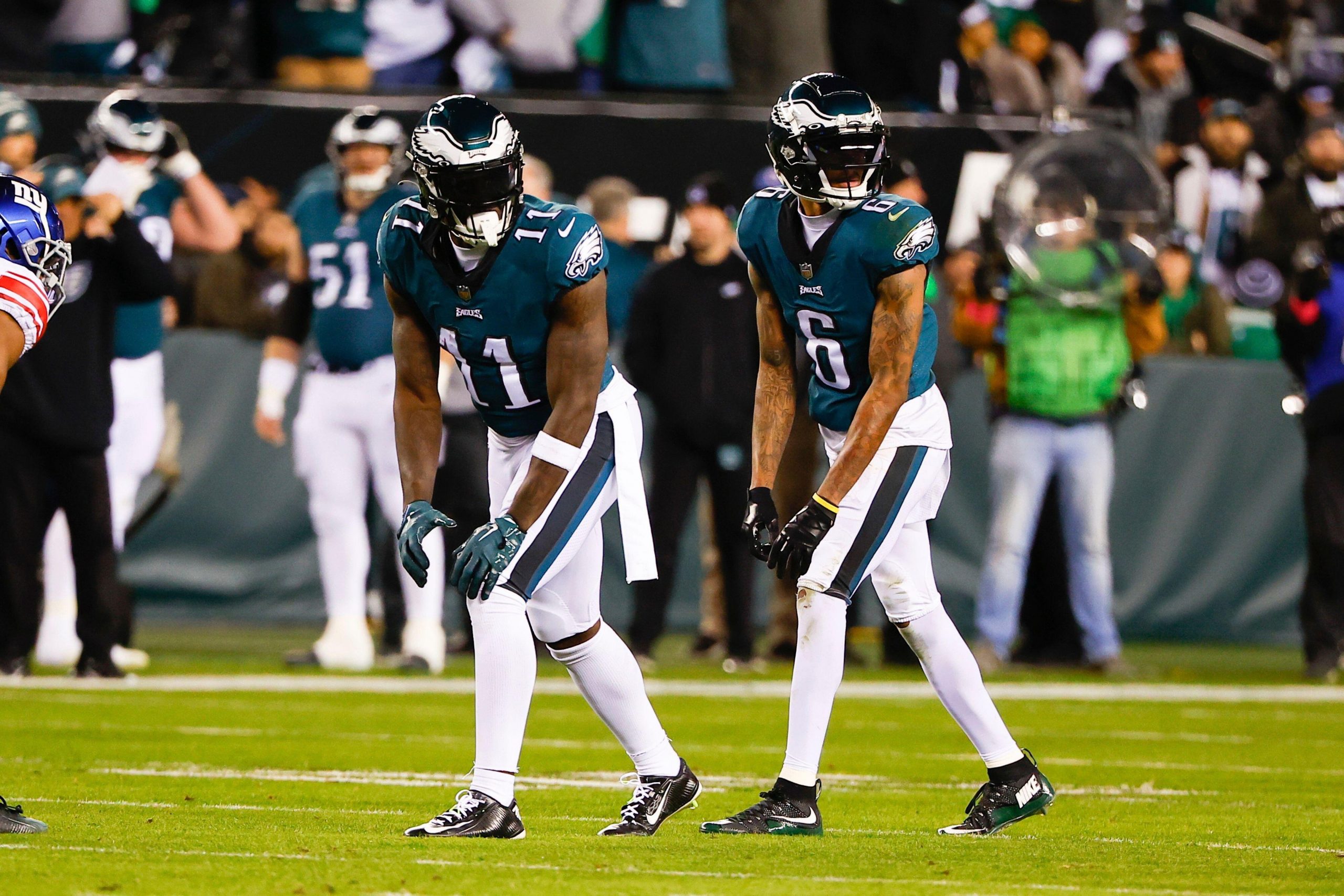
The Premier League's Financial Might Versus On-Field Excellence
The Premier League (PL) has long been celebrated as the most lucrative football league in the world, where its financial prowess is unmatched. Yet, with all its wealth, there are growing concerns that the league's financial clout does not necessarily translate into competitive excellence on the pitch. This perceived disparity invites a critical analysis of the league's current state and its future implications.

The Financial Powerhouse
Since its inception in 1992, the Premier League has undergone a transformation largely driven by immense financial growth. The league's formation was the last radical shift in English football, designed to maximize revenues through broadcasting rights, sponsorships, and global expansion. According to the New York Times, this financial model has been wildly successful, attracting top talent from around the globe and making the Premier League a focal point in world football.
The league's broadcasting rights alone generate billions, with agreements spanning continents and delivering matches to fans worldwide. The Premier League's ability to attract these lucrative deals is a testament to its brand strength. Club sponsorships, merchandise, and ticket sales further bolster financial stability, making the league's clubs some of the wealthiest in the sport.
Competitive Excellence: A Growing Concern
Despite the financial muscle, critics argue that the Premier League lacks competitive excellence. The Guardian highlights that financial dominance does not equate to on-field success. The league's top spots are often dominated by a few clubs, notably Manchester United, Chelsea, and Manchester City, who have won the title 14 times in the last 16 years. This concentration of success raises questions about the league's competitive nature.
Even the remarkable triumph of Leicester City in the 2015-16 season, a 5000-to-1 odds achievement, stands as a rare exception rather than a norm. Such occurrences highlight the disparity, prompting discussions on whether financial power overshadows the sporting spirit.
The Disconnect: Financial Power vs. On-Field Returns
Football finance expert Professor Rob Wilson, in a discussion with BBC Sport, points out that financial resources could be misaligned with actual performance. Manchester United, despite substantial investments, struggles with consistency and has not scored a first-half goal from open play in 17 games. This underperformance reflects a broader trend where financial might does not necessarily translate into immediate success.
The Impact on Clubs
The financial dynamics affect clubs differently. While the "Big Six" (Manchester United, Manchester City, Liverpool, Chelsea, Tottenham Hotspur, and Arsenal) enjoy significant financial backing, smaller clubs face challenges competing on equal terms. This disparity impacts league competitiveness, as wealthier clubs can afford top players and managers while others struggle to keep up.
The International Lens
Internationally, the Premier League's financial allure attracts global talent, further skewing the competition. Clubs like Manchester City have emerged as financial juggernauts, leveraging their wealth to dominate domestically and compete in European tournaments. However, success in Europe remains elusive for many English clubs, raising questions about the effectiveness of financial investments.
The Future of Premier League Competition
The current landscape presents a paradox: while the Premier League is financially robust, the competitive spirit that initially drew fans may be waning. This situation calls for potential reforms to restore balance and enhance competitiveness.
Possible Solutions
-
Financial Fair Play (FFP) Regulations: Strengthening FFP regulations could ensure more equitable financial distribution among clubs, promoting fair competition.
-
Revenue Sharing: Implementing a more balanced revenue-sharing model could help smaller clubs strengthen their squads and infrastructure, leveling the playing field.
-
Development of Homegrown Talent: Encouraging investment in youth academies could produce homegrown talent, reducing reliance on international transfers and fostering a more competitive environment.
Conclusion
The Premier League's financial might is undisputed, but its impact on competitive excellence remains contentious. As fans and analysts continue to debate the league's direction, it is clear that a reassessment of priorities is necessary. Balancing financial power with on-field excellence will be crucial in preserving the league's integrity and excitement, ensuring it remains the pinnacle of competitive football.

As the league navigates these challenges, it must embrace reforms that align financial success with the competitive spirit that defines football. Only then can the Premier League maintain its status as the world's most exciting and competitive league.